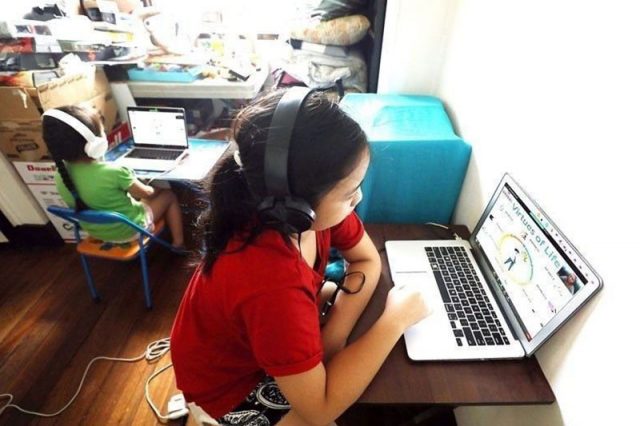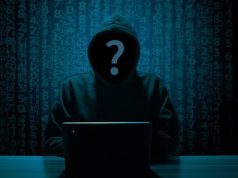
The president of a non-profit aggrupation of information security professionals believes that practicing cybersecurity should be included in the education curriculum.
Lito Averia, president of the Philippine Computer Emergency Response Team (PH-CERT), said that he has been advocating for the Department of Education to include cybersecurity teachings in schools.
Averia mentioned the digitization of systems, which was especially witnessed during the height of the COVID-19 pandemic wherein transactions shifted online.
“We saw it during the pandemic, that our defense perimeter was pushed from the four walls of the office. It was pushed to our homes,” he said in a press conference at the CyberSecConPH 2023 on September 19.
CyberSecConPH aimed to facilitate networking and knowledge sharing among individuals and organizations in the field of information security (InfoSec) and cybersecurity, especially cross-sector collaboration between public and private entities.
It also aimed to strengthen and sustain an InfoSec and cybersecurity community of practice in the Philippines and forge connections with similar communities in the Philippines and Asia.
The conference was organized by the PH-CERT, the National Association of Data Protection Officers of the Philippines (NADPOP), the NPO Japan Network Security Association (JNSA) and the Indonesia Network Security Association.

Sam Jacoba, Seiichi Ito, Rudi Lumanto and Lito Averia at the press conference of the CyberSecConPH 2023 in Crowne Plaza Manila on Sept. 19, 2023 (Released)
Averia in the conference said that during the lockdown, people had to rely on their personal devices for schoolwork and work-related duties.
“The problem at that time was, you’re using personal devices, so businesses were not able to properly secure the devices… mga ganoong challenges,” he said.
Averia added that this cybersecurity concern extends to students who, until now, are using gadgets like tablets, smartphones and laptops, for their schoolwork “even at a young age.”
“We have to embed in our curriculum, the practice on cybersecurity. So every subject in school must have that component there to remind the students to practice cybersecurity,” he said.
“Cybersecurity hygiene, for example. They have to start to be aware of how to protect themselves… it really cuts across society,” the PH-CERT president added.
“We’ve shifted to blended learning using technology, right? But then, the kids are also exposed to the dangers of the internet. Plus, the parents actually don’t know what to do. Nababantayan ba nila kung saang website pumupunta mga bata?” he said.
“So, basically, it’s just a reminder to the students on how to keep cyber hygiene and how to protect themselves. They have to embed it in different subjects,” Averia said, referring to cybersecurity in the education curriculum.
“So kahit paulit ulit ‘yan, kailangan ulitin ng mga teacher to remind them,” he added.
Averia said that students as young as Grade 2 can benefit from cybersecurity learnings, adding that children nowadays are constantly exposed to gadgets.
He added that they have also been advocating for adopting what they refer to as Minimum Information Security Standards for consumer protection in the government and the private sector.
“Did you know that at least six sectors, if they are paralyzed, will stand to lose like 6.5 billion a day? Just imagine the economic losses if we are [cyber] attacked,” Averia said.
Sam Jacoba, founding president of the National Association of Data Protection Officers of the Philippines, also said there is a need to educate Filipinos since they are “one of the most connected” in the world.
“Based on We Are Social’s annual digital Philippines report, the April numbers show that only 38% of Filipinos care about their personal information online,” he said.
“Filipinos spend more than 10 hours online, almost half of that social media. That shows you there is a lot of need to educate Filipinos, especially consumers,” Jacoba added.
“There’s a growing threat and it won’t stop. As long as there’s money to be made online easily, cybercriminals won’t stop,” he continued.
The Cybercrime Investigation and Coordinating Center (CICC) reported that in Metro Manila alone, cybercrimes have increased by 152% in the first six months of 2023 compared to the same period last year.
It also said that online scams have almost tripled to 4,446, from the 1,551 reported in the first half of 2022.
CICC likewise mentioned that ATM and credit card fraud also rose during the first semester to 625, adding it was “more than double the 241 cases reported during the same period last year.”









